Ikigai: stay home and think of Japan
A Japanese outlook on life will help see us through the lockdown
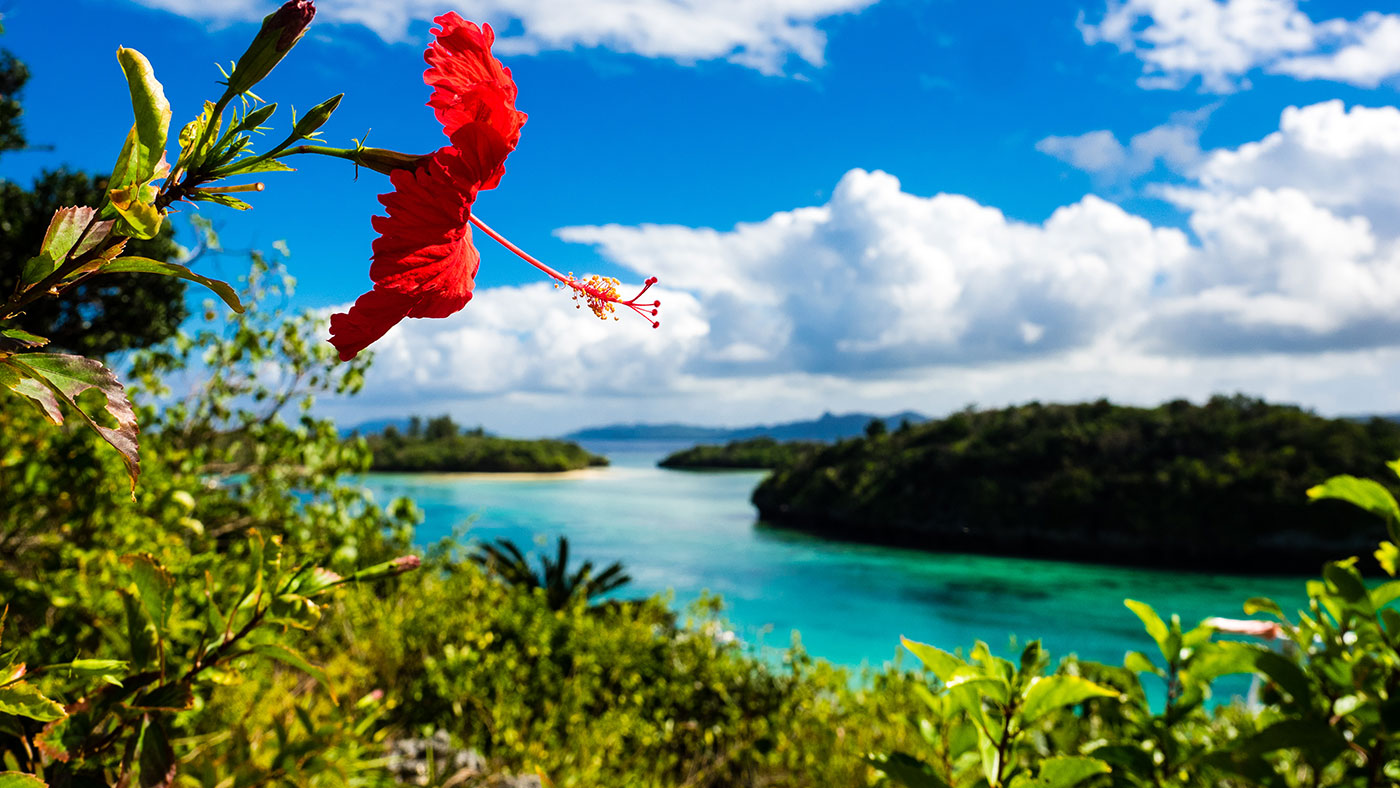
A free daily email with the biggest news stories of the day – and the best features from TheWeek.com
You are now subscribed
Your newsletter sign-up was successful
With England a week into its second lockdown, travel discouraged across much of the rest of Britain, and winter fast approaching, millions of us are getting reacquainted with life indoors. It has therefore never been more important for us to stay focused and happy on a daily basis. That is essentially what the Japanese concept of ikigai is all about.
“Formed by combining ‘iki’, meaning ‘life’, and ‘gai’, meaning ‘to be worthwhile’, the term is a succinct way to describe what gets you up in the morning – be it work, family or a well-loved hobby – much like a prosaic version of the French term raison d’être,” says Lily Crossley-Baxter for BBC Travel. “It’s something you live for… If you have a great time when you are working, it could be ikigai. If you have a family you love and you can do something for, it’s also ikigai.”
A philosophy for a long life
The Week
Escape your echo chamber. Get the facts behind the news, plus analysis from multiple perspectives.

Sign up for The Week's Free Newsletters
From our morning news briefing to a weekly Good News Newsletter, get the best of The Week delivered directly to your inbox.
From our morning news briefing to a weekly Good News Newsletter, get the best of The Week delivered directly to your inbox.
The origins of the word can be found in Japan’s Heian period (794-1185), says Lucy Dayman of website Savvy Tokyo earlier this year, with the “gai” part thought to stem from “kai”, the Japanese word for shell. In the Heian period, shells were “extremely valuable” and the association with wealth can be seen in related Japanese words, such as hatarakigai, meaning “the value of work”. “Gai” is, therefore, “the key to finding your purpose, or value in life”, says Dayman. Many believe “ikigai can make you live longer and with more direction”.
Just look at the Okinawans, as Héctor García and Francesc Miralles write in the prologue to their 2017 international bestseller Ikigai: The Japanese Secret to a Long and Happy Life. Ikigai “translates roughly as ‘the happiness of always being busy’”. With that philosophy shaping their lives, along with “a healthy diet, a simple life in the outdoors, green tea… [and the subtropical climate], it’s little wonder that the inhabitants of Okinawa, an island in the far south of Japan, are among some of the world’s longest-lived.
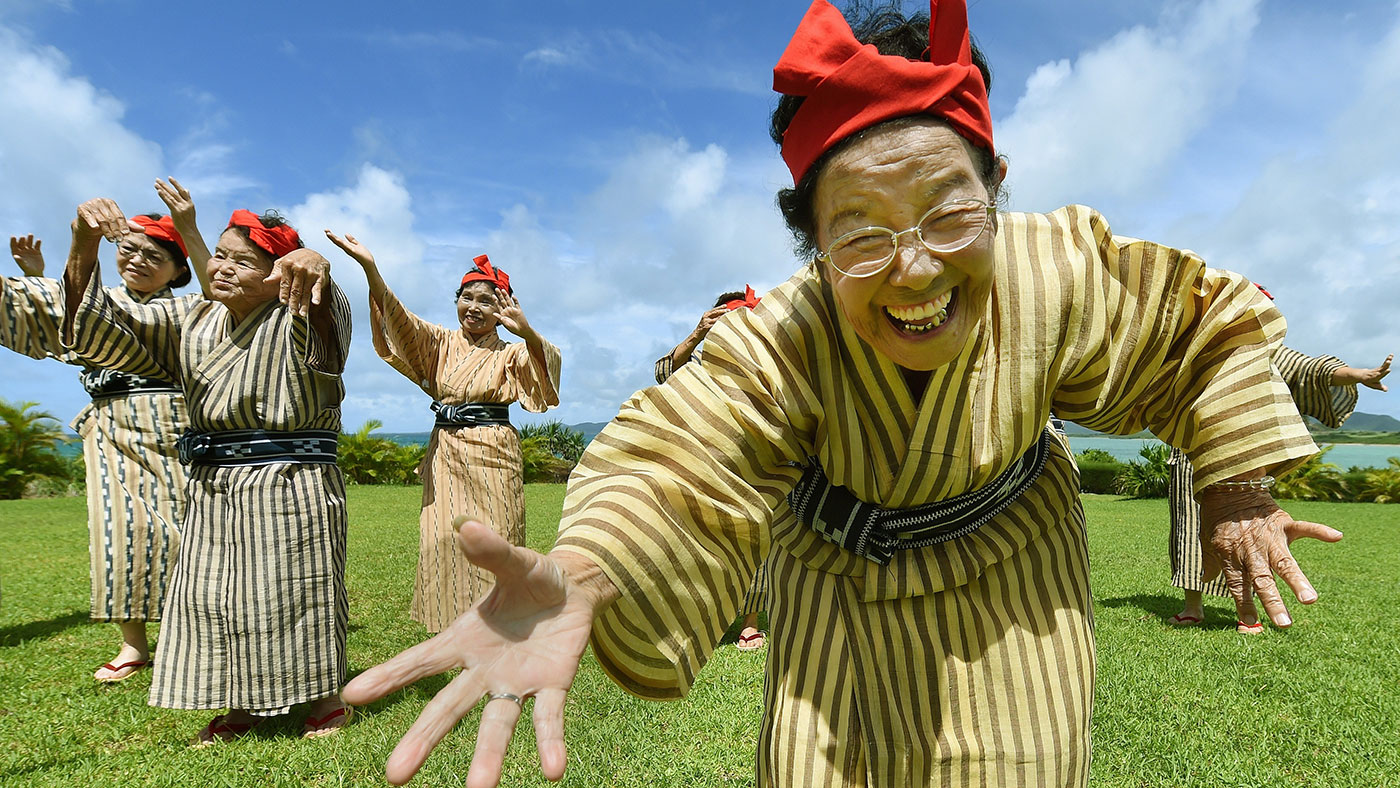
© Getty images
Okinawa is ideally suited to this way of life. It is “Japan’s version of an island paradise”, says Rob Goss in Wanderlust magazine. Visitors will find “winning sunsets” at Cape Manzamo. But the island is also prized for its cuisine, which, besides “great seafood, includes stewed pig trotters, sliced pig’s ear and a bitter-tofu-pork stir fry called goya champuru”. The nearby Yaeyama Islands, Japan’s most south-westerly point, are also worth exploring, lying closer to Taiwan than Tokyo.
A free daily email with the biggest news stories of the day – and the best features from TheWeek.com
“Ishigaki has cobalt bays and white beaches; Iriomote is covered in jungle; sleepy Taketomi has villages where the traditional stone bungalows are capped with red-tile roofs… [while] Yonaguni has wild ponies and scuba spots, where divers can swim with hammerhead sharks.” The closest of Japan’s four main islands to Okinawa, Kyushu, benefits from geothermal activities, hence the “photogenic volcanoes’ and hot springs (onsen). Ibusuki city, part of Kagoshima on the coast, has plenty of onsen baths, “as well as ryokan inns for a night’s traditional accommodation and sand baths, if you fancy being buried up to your neck in steaming hot sand to improve skin and circulation”.
Embrace ikigai at home
Tourists will also be able to board a new luxury sight-seeing train that left Kagoshima last month for its maiden voyage around the island. It takes its name, 36+3, from the fact that Kyushu is the 36th largest island in the world, with the “3” representing passengers, local residents and the railway company, says The Japan Times. Incorporating a mixture of Japanese and Western design elements, passengers will be able to “enjoy local cuisine, including sake, wagyu [beef] and seafood” along the way, from ¥12,000 (£88).
Of course, for those of us in Britain, Kyushu and Okinawa will have to wait – at least for now. But that doesn’t mean you can’t embrace the concept of ikigai at home. As one elderly resident of Ogimi, on Okinawa island, reputed to be the village with the highest percentage of centenarians in the world, told García and Miralles for their book, “The most important thing in Ogimi, in life, is to keep smiling”.
This article was originally published in MoneyWeek

-
 Political cartoons for February 22
Political cartoons for February 22Cartoons Sunday’s political cartoons include Black history month, bloodsuckers, and more
-
 The mystery of flight MH370
The mystery of flight MH370The Explainer In 2014, the passenger plane vanished without trace. Twelve years on, a new operation is under way to find the wreckage of the doomed airliner
-
 5 royally funny cartoons about the former prince Andrew’s arrest
5 royally funny cartoons about the former prince Andrew’s arrestCartoons Artists take on falling from grace, kingly manners, and more
-
 A thrilling foodie city in northern Japan
A thrilling foodie city in northern JapanThe Week Recommends The food scene here is ‘unspoilt’ and ‘fun’
-
 Samurai: a ‘blockbuster’ display of Japan’s legendary warriors
Samurai: a ‘blockbuster’ display of Japan’s legendary warriorsThe Week Recommends British Museum show offers a ‘scintillating journey’ through ‘a world of gore, power and artistic beauty’
-
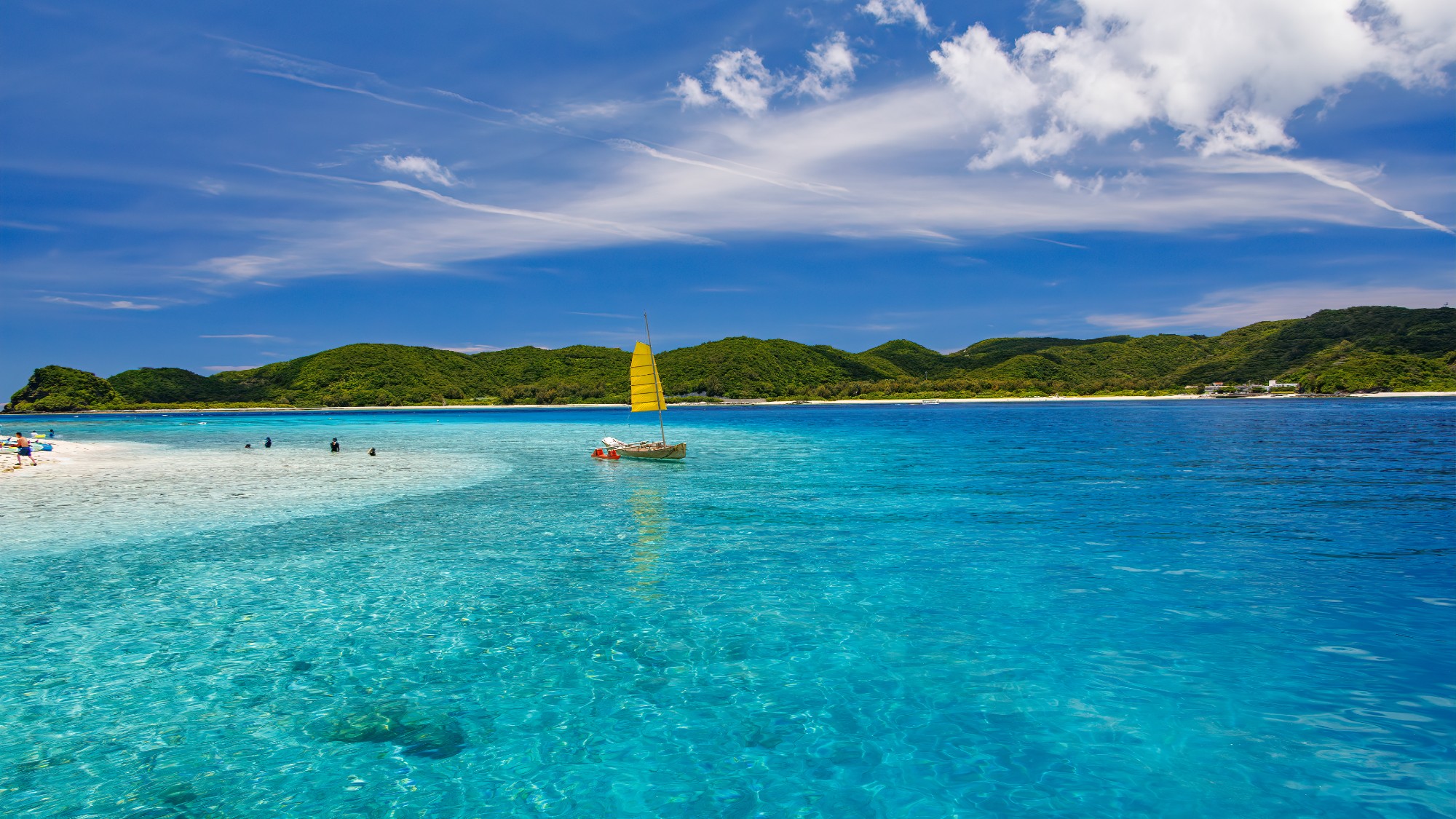 In Okinawa, experience the more tranquil side of Japan
In Okinawa, experience the more tranquil side of JapanThe Week Recommends Find serenity on land and in the sea
-
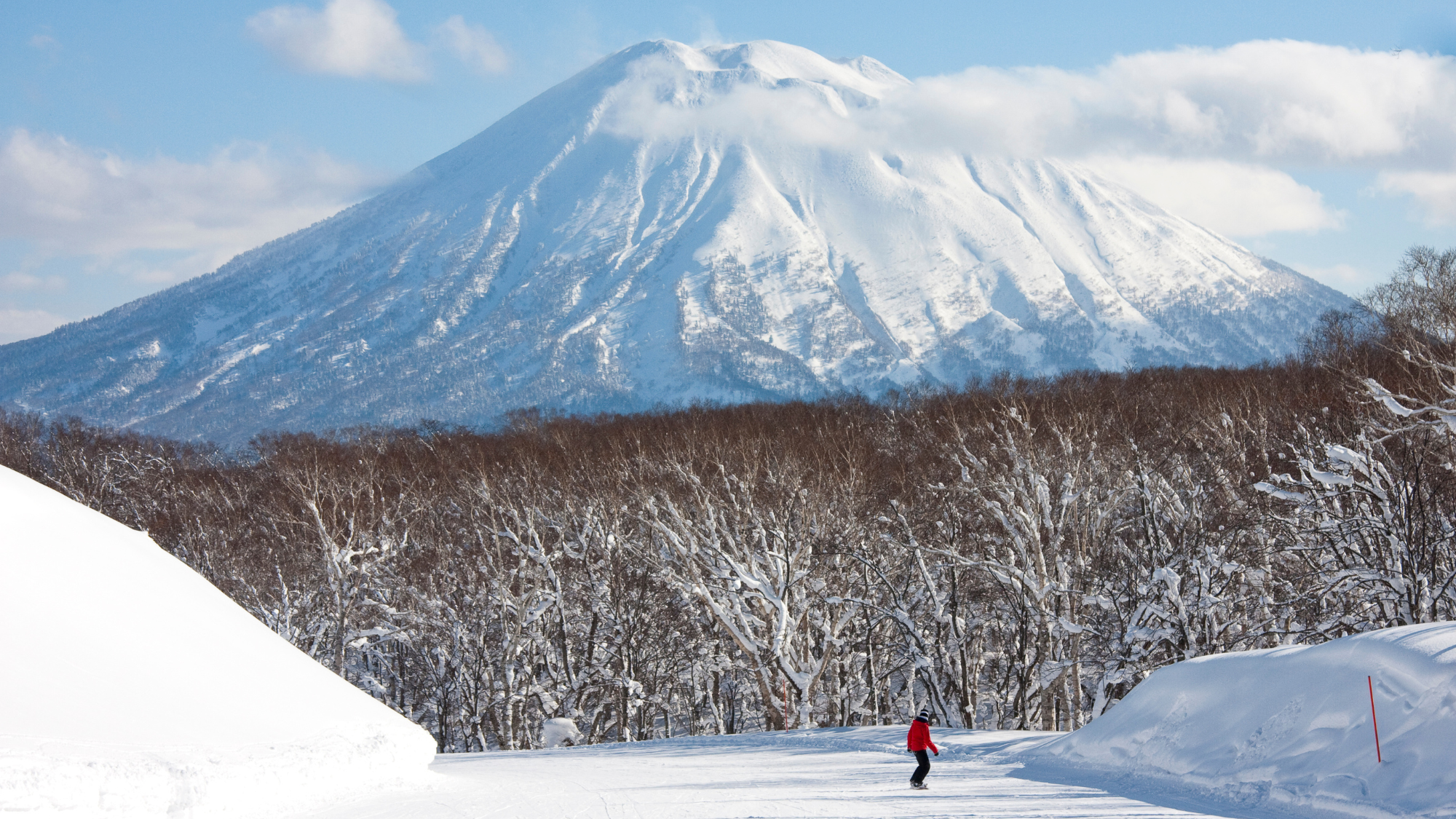 A dreamy skiing adventure in Niseko
A dreamy skiing adventure in NisekoThe Week Recommends Light, deep, dry snow and soothing hot springs are drawing skiers to Japan’s northernmost island
-
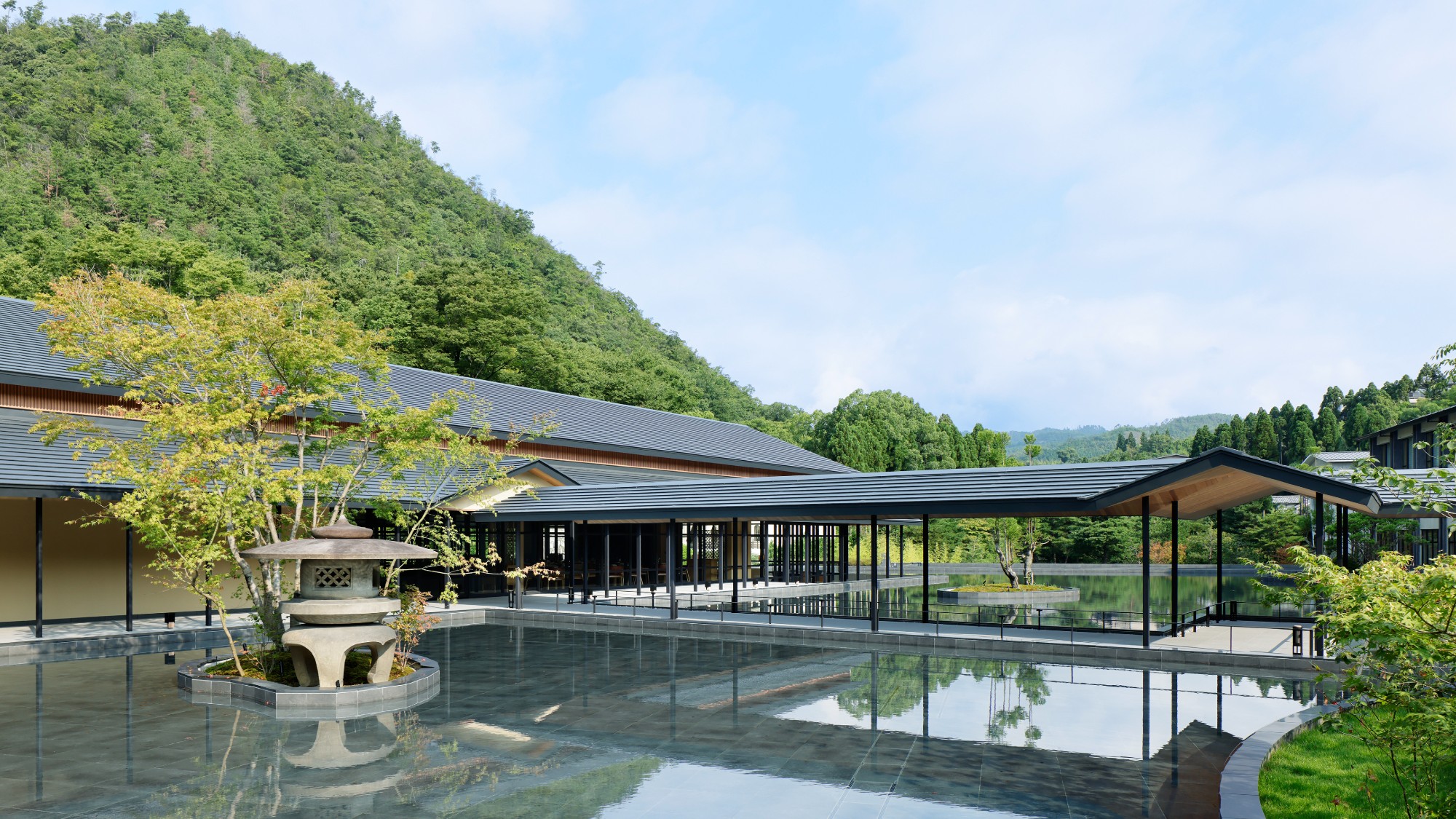 8 hotels that show off the many facets of Japan
8 hotels that show off the many facets of JapanThe Week Recommends Choose your own modern or traditional adventure
-
 Japan meets Italy at The Bulgari Hotel in Tokyo
Japan meets Italy at The Bulgari Hotel in TokyoThe Week Recommends Experience the peak of hospitality in an exclusive high-rise hotel in the heart of Tokyo
-
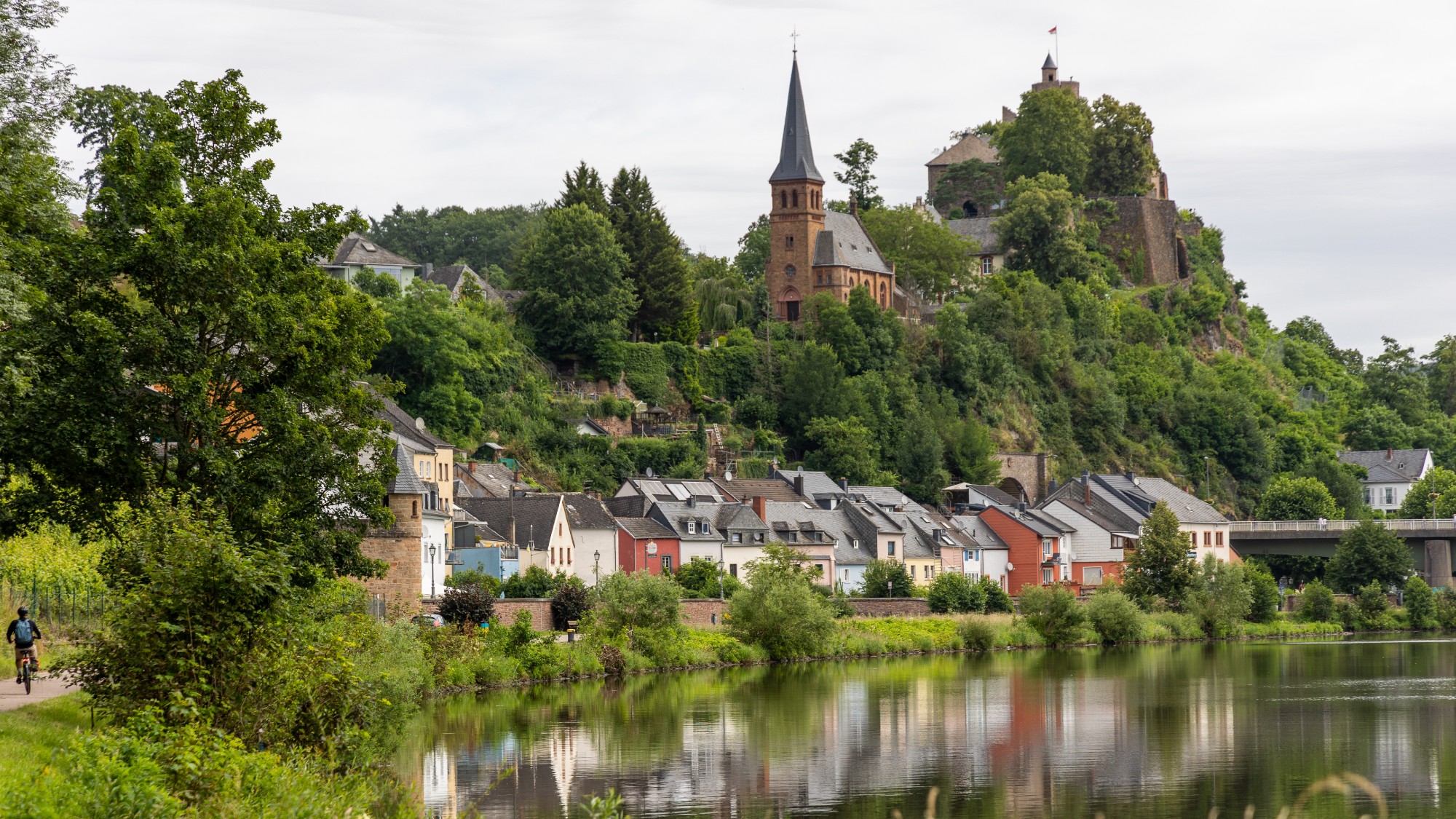 5 fun cycling tours that let you vacation on two wheels
5 fun cycling tours that let you vacation on two wheelsThe Week Recommends Gain a new perspective while pedaling
-
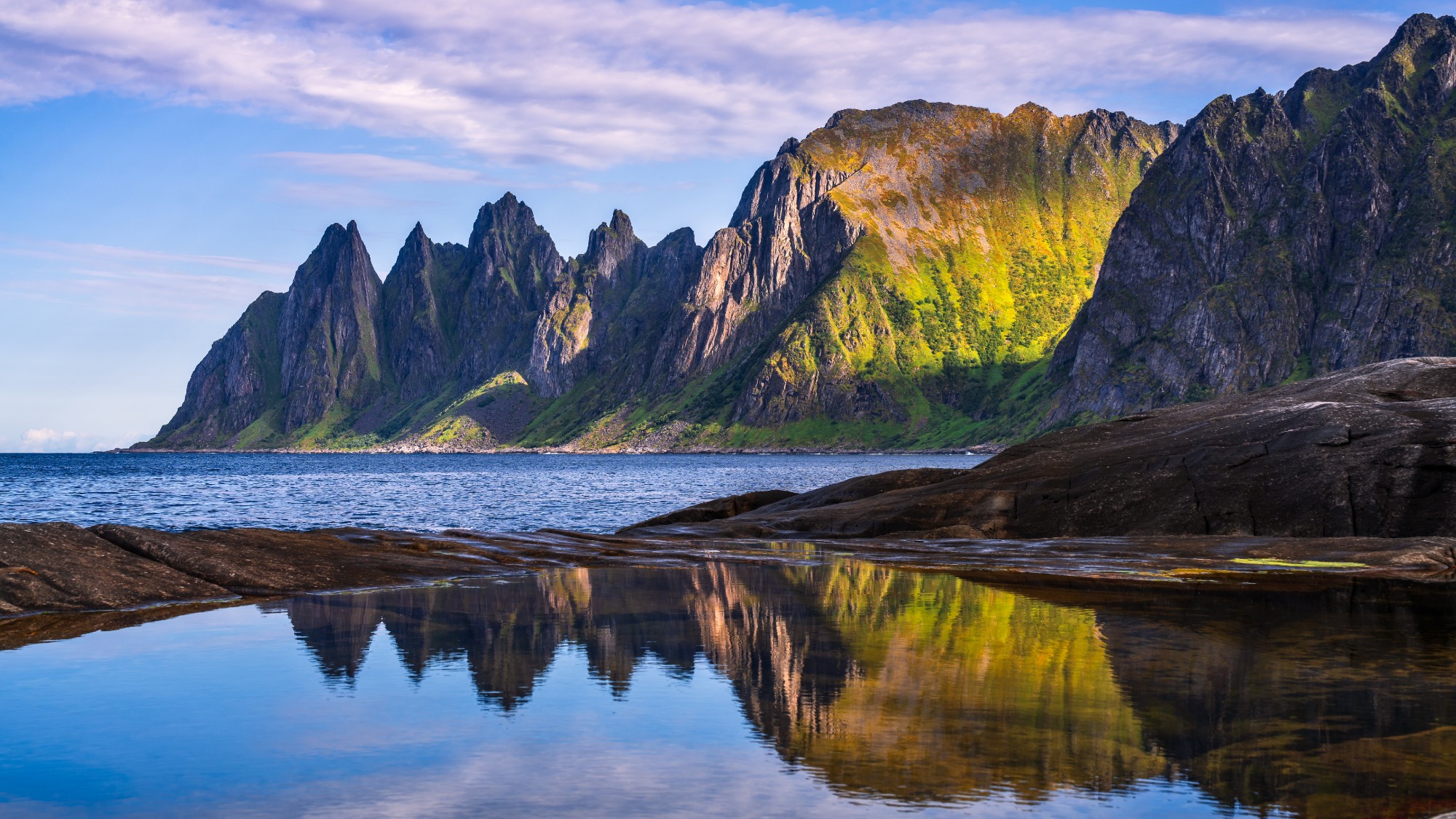 Go beyond the islands you already know in these 8 countries. Surprises await.
Go beyond the islands you already know in these 8 countries. Surprises await.The Week Recommends These destinations fly under the radar